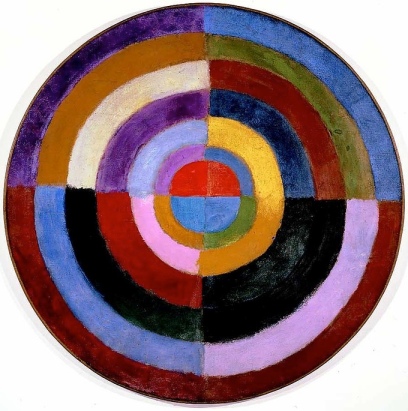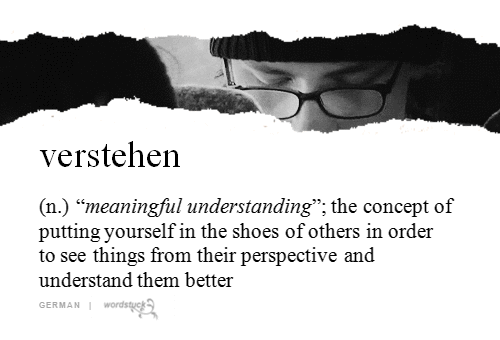Verstehen – recognising the map.

In this post EdD researcher @marycryan reflects on the first weekend of year two of the EdD.
I really enjoyed reading this and note the enthusiasm for what for Mary was a new concept: Max Weber’s Verstehen. New concepts are a good thing to write about.
Over the last week I’ve been reflecting on the experience of the first weekend of the new study year and where my learning is going to take me over the next
few years. Being on the EdD bus with all my colleagues is an exciting ride, sometimes we travel slowly, sometimes at breakneck speed. At times. like our weekend together, the road feels smooth and for me as a second year a happy journey but for our new colleagues it may have felt like joining a journey where they did not feel sure of the road or the vehicle.The journey may have lots of twists and turns and the road could be very bumpy but if I stay on the bus with my colleagues all will be well.folk06
The feeling which has overwhelmed me this week is that of being led to a destination that I’m not yet fully aware of, that the learning is leading me ,not me controlling it, but I will know when I’m getting closer and that the destination will become clear in my head over time.
This journey is in search of knowledge, a strong feeling that I wish to understand the lived experience of the group of young women . In reading about Ethnography this week I came across a term that was new to me, ‘Verstehen’. I love new words and feel that this one describes the sort of journey I want my research to take me on.
The definition of verstehen is to “understand in a deep way’ it also refers to an approach within sociology. In this approach, when a researcher aims to understand another person’s experience, he can try to put himself in the other person’s shoes so hence gain an empathetic understanding. This was developed by late 19th-century sociologists Max Weber and Wilhelm Dilthey
Weber identified that to really understand the lives of others, the observer must relate to the human beings being studied rather than follow a positivist, quantitative data based method of research, that the feelings, actions and reactions of human beings are the important concerns of the researcher and those which will bring us to deeper understanding of human groups and cultures.
This concept of a deep understanding that comes from taking an empathetic position in regard to the participants of research raises lots of questions for me
How ‘close’ can I get without being biased?
How do I stop myself taking this position of an apologist for the group?
What are the ethical questions?
How do I prevent dependency on myself from my participants?
what will be my exit strategy?
The journey may not yet be clear or the destination fully identified but I now feel I am coming to at least recognise the map.

October 28, 2015 at 6:39 am
This was great to read Mary! Really interesting to see how the enlightenment age was a time of such philosophical and literal creations…Verstehen is a lovely word! Possible precursor to empathy perhaps?! Ethical considerations in abundance! 🙂
LikeLike